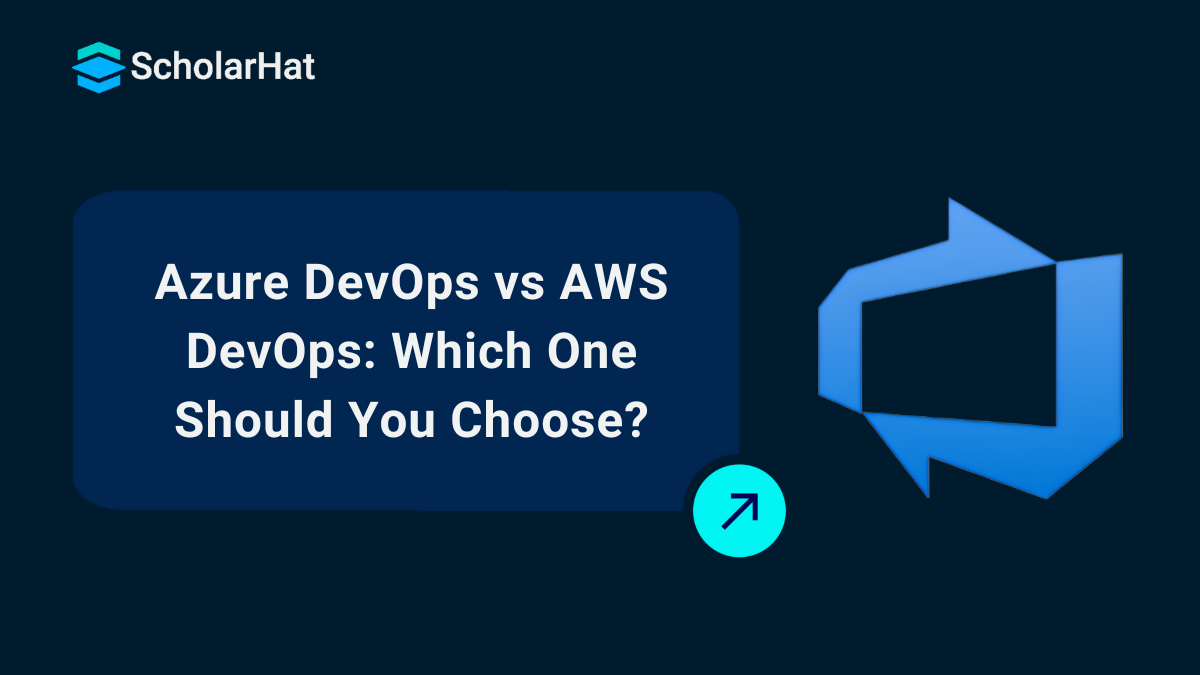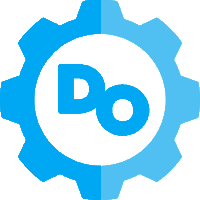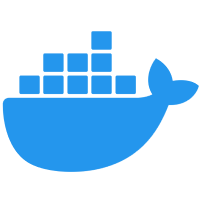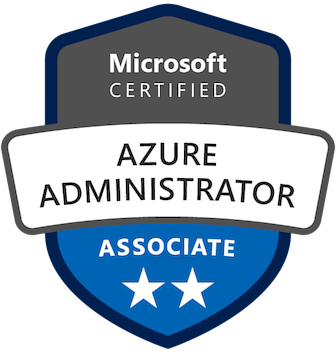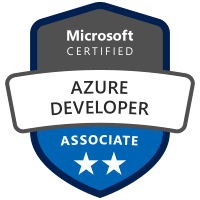18
AprAzure DevOps Vs. AWS DevOps: Which One is Best for Your Project?
Azure DevOps Vs. AWS DevOps is a common comparison when choosing the right DevOps platform for cloud development. Azure DevOps, by Microsoft, offers tools like Azure Repos, Pipelines, Test Plans, and Artifacts, making it great for teams using Microsoft Azure. On the other hand, AWS DevOps provides services like CodeCommit, CodeBuild, CodeDeploy, and CodePipeline, designed for Amazon Web Services (AWS) users. Both support CI/CD, automation, and infrastructure as code, but the best choice depends on your cloud environment.
In this Azure DevOps tutorial, I’ll compare Azure DevOps and AWS DevOps, their features, differences, and which one suits your needs best. Ready to find out which DevOps platform is right for you? Let’s dive in!
What is Azure DevOps?
Azure DevOps is a cloud-based DevOps platform from Microsoft. It helps you manage software development, automation, and deployment in one place. With tools like Azure Repos for version control, Azure Pipelines for CI/CD, and Azure Boards for project tracking, you can streamline your workflow and boost productivity.
If you use Microsoft services or need a reliable DevOps solution, Azure DevOps is a great choice. It supports multi-cloud environments, integrates with popular tools, and provides end-to-end DevOps automation. Whether you work on small projects or enterprise-level applications, it gives you the flexibility and control you need.
What is AWS DevOps?
AWS DevOps is a cloud-powered DevOps solution from Amazon Web Services (AWS). It enables seamless software development, automation, and deployment. With services like AWS CodeCommit for source control, AWS CodeBuild for automated builds, and AWS CodePipeline for CI/CD workflows, you can optimize your DevOps lifecycle with ease.
If your infrastructure runs on AWS or you need a robust DevOps platform, AWS DevOps is a strong contender. It supports multi-cloud strategies, integrates with third-party tools, and delivers comprehensive automation capabilities. Whether handling small teams or large-scale enterprise projects, it ensures reliability, scalability, and efficiency for modern software development.
AWS DevOps Vs. Azure DevOps
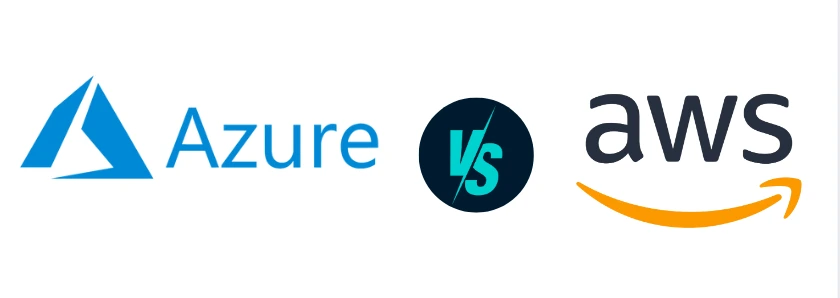
Choosing between AWS DevOps and Azure DevOps depends on your cloud environment, tools, and workflows. Both platforms provide powerful features for CI/CD, automation, and container management. Let’s compare them based on key aspects.
1. Code Repositories
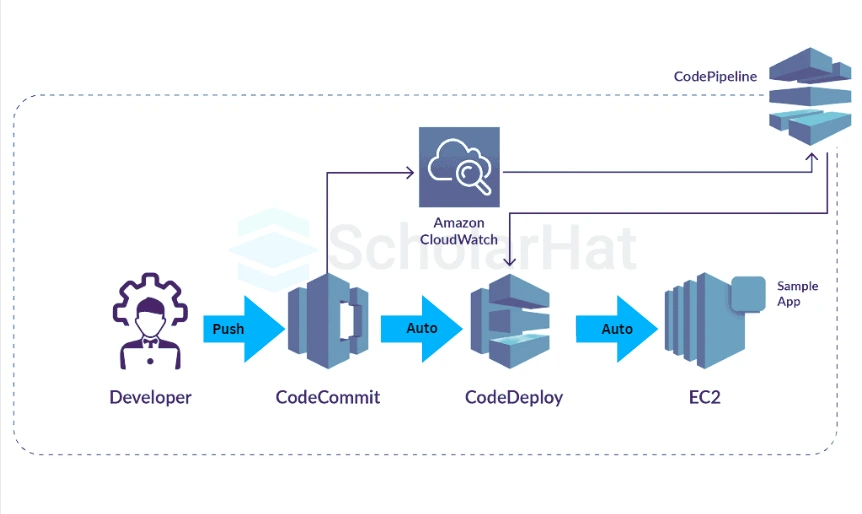
Version control is a key part of DevOps. Both AWS DevOps and Azure DevOps offer solid solutions for managing your code. With AWS CodeCommit, you get a fully managed Git repository that integrates with other AWS services. On the other hand, Azure Repos provides Git and TFVC support, making it a great choice if you work with Microsoft tools.
2. Continuous Integration & Delivery
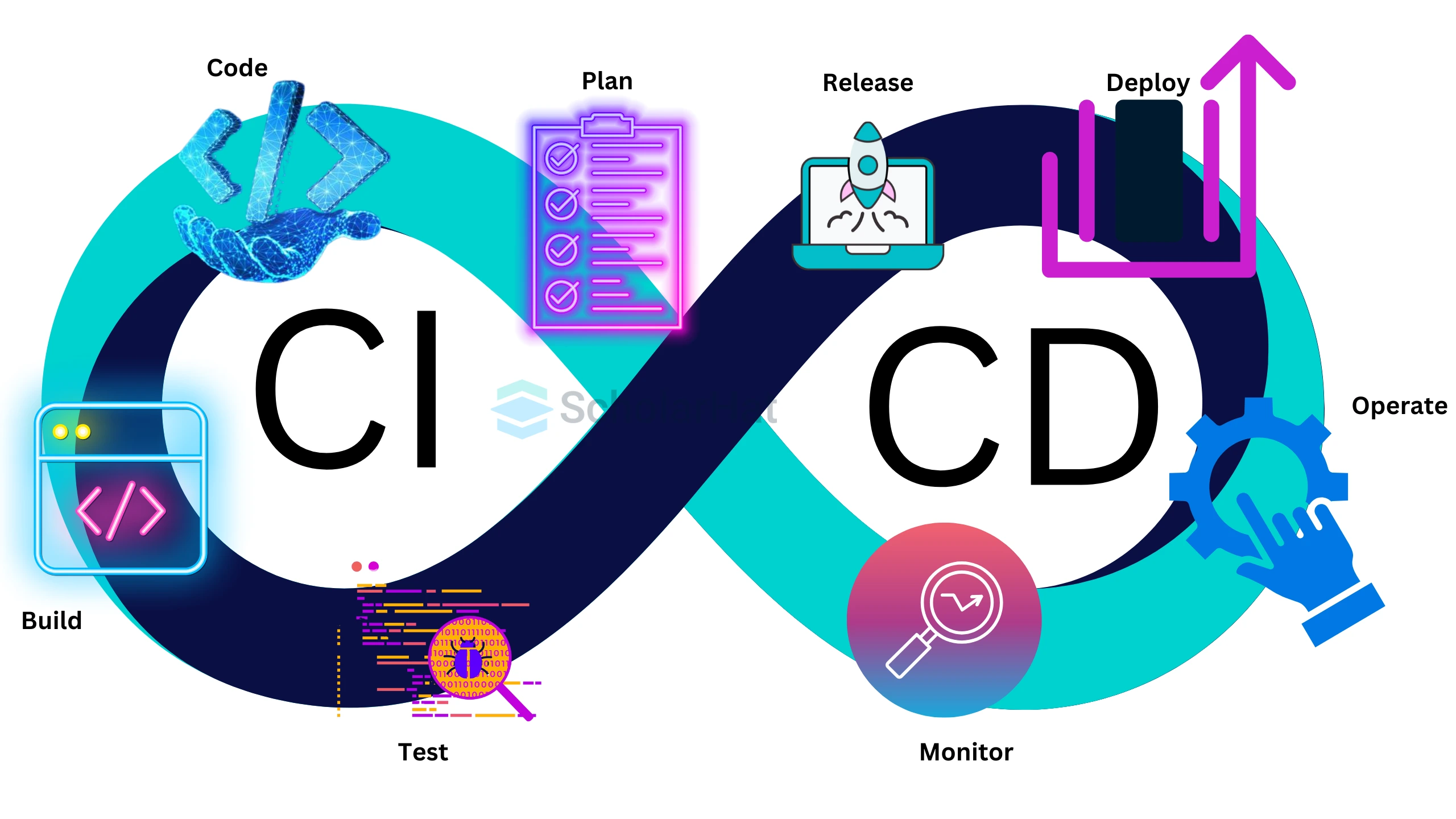
Automation is key in DevOps. AWS CodePipeline and AWS CodeBuild let you automate builds, tests, and deployments. Meanwhile, Azure Pipelines provides a similar CI/CD setup with support for multi-cloud and open-source projects. If you want deep integration with Azure services, Azure Pipelines is a solid choice. For an AWS-based workflow, AWS DevOps works best.
3. Container Services: ECS & ACI
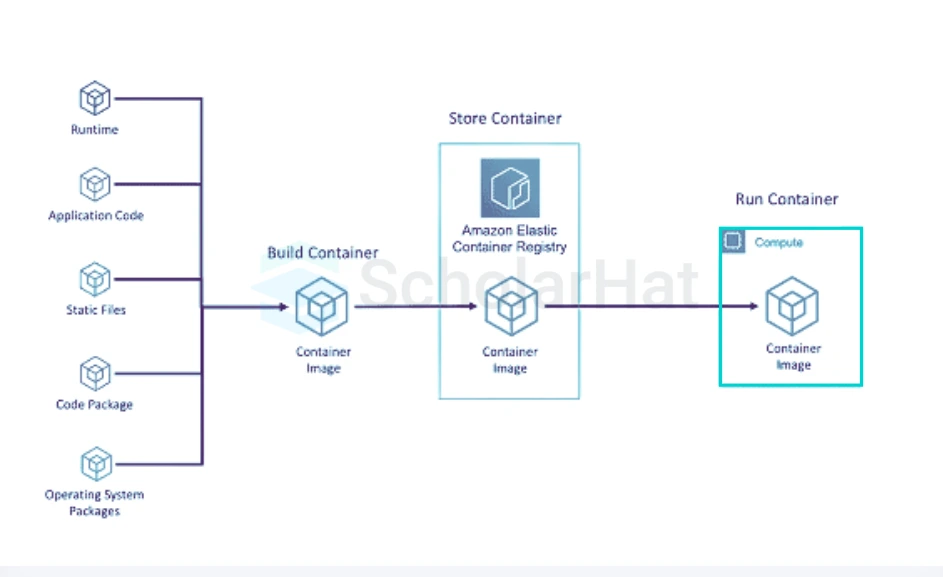
Containers make app deployment faster. AWS Elastic Container Service (ECS) is fully managed and works well with Amazon EC2 and AWS Fargate. Azure Container Instances (ACI) provides quick and scalable container deployment without managing servers. If you want more flexibility, ECS offers deeper integration with AWS. If you prefer simplicity, ACI makes things easier.
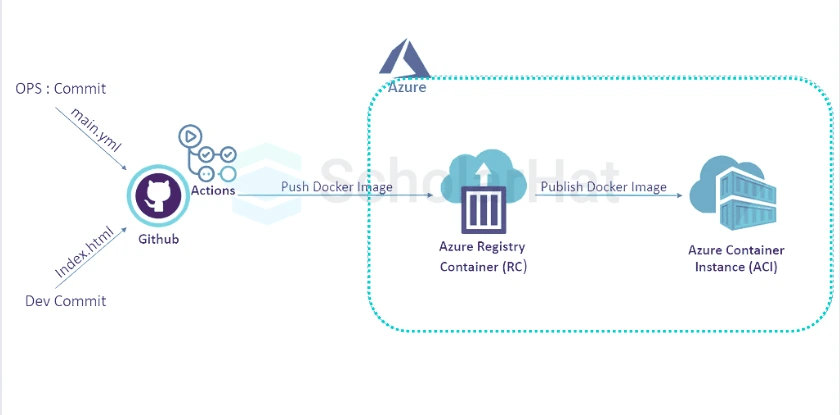
4. Kubernetes Services: EKS & AKS
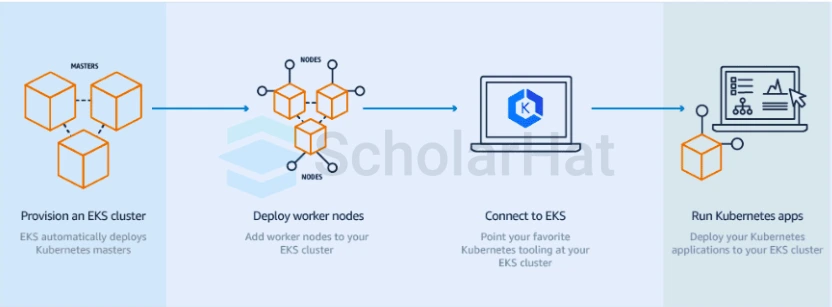
If you use Kubernetes, both platforms provide managed services. Amazon Elastic Kubernetes Service (EKS) simplifies running Kubernetes on AWS, while Azure Kubernetes Service (AKS) does the same for Azure. EKS integrates with AWS networking and security, making it ideal for teams on AWS. AKS connects smoothly with Azure DevOps and offers easier management for Windows-based workloads.
Azure DevOps Vs. AWS DevOps Pricing
Pricing is a crucial factor when deciding between Azure DevOps and AWS DevOps. Both platforms offer flexible pricing, but their cost structures vary. Here’s a comparison:
- Azure DevOps offers a free tier for small teams, while paid plans are based on the number of users and services.
- AWS DevOps follows a pay-as-you-go pricing model, where costs depend on actual service usage.
- Storage, build minutes, and other advanced features impact the overall cost.
| Feature | Azure DevOps (USD/INR) | AWS DevOps (USD/INR) |
| Free Tier | 5 users free | Limited free usage |
| Additional Users | $5.40 (₹450) per user/month | $9.60 - $14.40 (₹800 - ₹1,200) per user/month |
| CI/CD Pipeline | $0.036 (₹3) per pipeline run | $0.096 (₹8) per pipeline run |
| Code Repositories | Free with unlimited repos | $0.06 (₹5) per GB/month |
| Cloud Storage | $0.12 (₹10) per GB/month | $0.144 (₹12) per GB/month |
Which one is better for you? If you rely on Microsoft tools, Azure DevOps offers better integration at a lower cost. If your projects are primarily on AWS, AWS DevOps provides seamless cloud compatibility but at a slightly higher price.
Skills for Azure DevOps Engineer
As an Azure DevOps Engineer, you need expertise in cloud services, automation, and DevOps best practices. Here are the key skills you should focus on:
- Azure Cloud Services: Proficiency in Azure Virtual Machines, Azure Kubernetes Service (AKS), Azure Storage, and Azure Networking for managing cloud environments.
- Infrastructure as Code (IaC): Experience with ARM Templates, Terraform, and Bicep to automate infrastructure deployment.
- Continuous Integration & Deployment (CI/CD): Hands-on skills in Azure Pipelines to automate build, test, and deployment processes.
- Containerization & Kubernetes: Understanding of Docker and Azure Kubernetes Service (AKS) for containerized application deployment.
- Monitoring & Logging: Experience with Azure Monitor, Log Analytics, and Application Insights to track system health and troubleshoot issues.
- Security & Compliance: Knowledge of Azure Active Directory (AAD), Role-Based Access Control (RBAC), and Security Center to secure cloud resources.
- Scripting & Automation: Proficiency in PowerShell, Bash, and Python for automating workflows and infrastructure management.
Want to excel in Azure DevOps? Master these skills, work on real-world projects, and earn the Microsoft Certified: Azure DevOps Engineer Expert certification. Check out ScholarHat's Azure DevOps Certification Path (AZ-400 Certification) to get expert guidance and hands-on training!
Skills for AWS DevOps Engineer
To succeed as an AWS DevOps Engineer, you need strong technical skills, automation expertise, and a deep understanding of AWS services. Here are the key skills you should master:
- Cloud Computing & AWS Services: Knowledge of EC2, S3, Lambda, RDS, VPC, and other AWS tools for managing cloud environments.
- Infrastructure as Code (IaC): Experience with Terraform and AWS CloudFormation to automate infrastructure provisioning.
- Continuous Integration & Deployment (CI/CD): Hands-on expertise with AWS CodePipeline, CodeBuild, and CodeDeploy to streamline development.
- Containerization & Kubernetes: Working knowledge of Docker and Amazon EKS for deploying scalable applications.
- Monitoring & Logging: Proficiency in Amazon CloudWatch, AWS X-Ray, and ELK Stack for system monitoring.
- Security & Compliance: Understanding of IAM, AWS Shield, encryption techniques, and cloud security best practices.
- Scripting & Automation: Skills in Python, Bash, or PowerShell to automate tasks and improve efficiency.
Want to become an AWS DevOps Engineer? Master these skills, work on real-world projects, and get certified with the AWS DevOps Engineer – Professional certification.
Azure DevOps CI/CD Tools and Services
Azure DevOps offers powerful CI/CD (Continuous Integration and Continuous Deployment) tools to automate software development and deployment. These tools help you streamline workflows, improve collaboration, and ensure faster releases. Whether you work with microservices, monolithic applications, or cloud-native solutions, Azure DevOps provides everything you need for an efficient pipeline.
Key CI/CD Tools in Azure DevOps
- Azure Pipelines: Automates build test and deployment for any platform or language.
- Azure Repos: Provides Git repositories for version control and seamless collaboration.
- Azure Test Plans: Enables automated and manual testing for high-quality software delivery.
- Azure Artifacts: Allows package management and secure artifact sharing.
- Azure Monitor: Tracks application performance and logs to improve system reliability.
- Infrastructure as Code (IaC): Supports Terraform and ARM templates for automated infrastructure provisioning.
Azure DevOps CI/CD Tools Comparison
| Service | Purpose | Key Features |
| Azure Pipelines | CI/CD automation | Supports multi-cloud, hybrid, and on-premises deployments |
| Azure Repos | Version control | Git and TFVC support with branching and pull request features |
| Azure Test Plans | Automated and manual testing | Load testing, exploratory testing, and test tracking |
| Azure Artifacts | Package management | Supports Maven, npm, NuGet, and Python package feeds |
| Azure Monitor | Application monitoring | Real-time logging, alerting, and diagnostics |
By using these CI/CD tools in Azure DevOps, you can ensure smooth software delivery, enhance collaboration, and accelerate deployment cycles. Whether you're a developer, tester, or operations engineer, these tools provide everything you need for a robust DevOps workflow.
AWS DevOps CI/CD Tools and Services
AWS DevOps provides a complete set of CI/CD (Continuous Integration and Continuous Deployment) tools to automate software development, testing, and deployment. These services help you increase efficiency, reduce errors, and accelerate releases. Whether you manage microservices, containerized applications, or cloud-based solutions, AWS DevOps ensures smooth automation.
Key CI/CD Tools in AWS DevOps
- AWS CodeCommit: A fully managed Git repository for secure version control.
- AWS CodeBuild: Automates code compilation, testing, and packaging.
- AWS CodeDeploy: Automates software deployments across various environments.
- AWS CodePipeline: A powerful CI/CD automation service for continuous integration and delivery.
- AWS CodeArtifact: A package management service for secure artifact storage.
- AWS X-Ray: Provides deep insights into application performance and debugging.
AWS DevOps CI/CD Tools Comparison
| Service | Purpose | Key Features |
| AWS CodeCommit | Version control | Secure Git repository with fine-grained access control |
| AWS CodeBuild | CI automation | Fully managed build service with scalable infrastructure |
| AWS CodeDeploy | Automated deployment | Supports EC2, Lambda, and on-premise servers |
| AWS CodePipeline | CI/CD workflow automation | End-to-end software release automation |
| AWS X-Ray | Application monitoring | Distributed tracing for debugging and performance analysis |
Using these CI/CD tools in AWS DevOps, you can automate your software development lifecycle, improve collaboration, and ensure reliable deployments. Whether you're a developer, tester, or operations engineer, these tools provide a solid foundation for DevOps success.
Microsoft Certified: Azure DevOps Engineer [AZ-400]
The AZ-400 certification validates your expertise in designing and implementing DevOps practices using Microsoft Azure. It is ideal for professionals who manage development processes, automation, and cloud operations.
Who Should Take AZ-400?
- DevOps Engineers working with Azure DevOps, CI/CD, and cloud automation.
- Software developers aiming to integrate DevOps best practices into their workflows.
- IT professionals managing infrastructure, security, and deployment automation.
Key Topics Covered
- CI/CD Implementation: Use Azure Pipelines to automate build and deployment.
- Infrastructure as Code (IaC): Automate infrastructure using ARM Templates, Terraform, and Bicep.
- Monitoring & Security: Implement security controls and use Azure Monitor for system tracking.
- Version Control & Repositories: Manage source code using Azure Repos and Git.
- Testing & Compliance: Integrate automated testing using Azure Test Plans.
Exam Details
| Exam Code | AZ-400 |
| Duration | 120 minutes |
| Number of Questions | 40-60 |
| Passing Score | 700 / 1000 |
| Cost | $165 (Approx. ₹13,500) |
Want to become an Azure DevOps Engineer? Prepare for the AZ-400 exam, gain hands-on experience, and get certified to boost your career! Enroll now in ScholarHat's Azure DevOps Certification Training and take your skills to the next level.
AWS Certified DevOps Engineer – Professional (DOP-C01)
The AWS Certified DevOps Engineer – Professional (DOP-C01) certification validates your expertise in automating infrastructure, monitoring applications, and managing security within AWS. It is ideal for DevOps professionals who work on cloud automation, CI/CD, and deployment pipelines.
Who Should Take DOP-C01?
- DevOps Engineers managing CI/CD pipelines, automation, and AWS services.
- System Administrators and Cloud Engineers looking to automate AWS infrastructure.
- Developers and IT professionals working with containers, microservices, and serverless applications.
Key Topics Covered
- CI/CD on AWS: Implement automation using AWS CodePipeline, CodeBuild, and CodeDeploy.
- Infrastructure as Code (IaC): Use AWS CloudFormation and Terraform for resource management.
- Monitoring & Logging: Set up Amazon CloudWatch, AWS X-Ray, and AWS Config.
- Security & Compliance: Manage security with AWS IAM, KMS, and Secrets Manager.
- Containerization & Orchestration: Work with AWS ECS, EKS, and Lambda.
Exam Details
| Exam Code | DOP-C01 |
| Duration | 180 minutes |
| Number of Questions | 75 |
| Passing Score | 750 / 1000 |
| Cost | $300 (Approx. ₹24,500) |
Want to become an AWS DevOps Engineer? Prepare for the DOP-C01 exam, gain hands-on experience, and get certified to advance your career!
AWS DevOps Jobs Vs. Azure DevOps Jobs
If you are looking for a career in DevOps, choosing between AWS DevOps jobs and Azure DevOps jobs depends on your expertise, cloud preference, and industry demand. Both offer high-paying roles, but the job market, skill requirements, and salaries vary.
1. Job Demand & Market Trends
- AWS DevOps: AWS dominates the cloud market, making AWS DevOps jobs more abundant across various industries.
- Azure DevOps: Companies using Microsoft services prefer Azure, creating a high demand for Azure DevOps professionals.
2. Key Job Roles
| AWS DevOps Jobs | Azure DevOps Jobs |
| AWS DevOps Engineer | Azure DevOps Engineer |
| Cloud Infrastructure Engineer (AWS) | Cloud Engineer (Azure) |
| AWS Site Reliability Engineer (SRE) | Azure Site Reliability Engineer (SRE) |
| AWS Solutions Architect (DevOps) | Azure Solutions Architect |
| AWS DevOps Consultant | Azure DevOps Consultant |
3. Salary Comparison
| Job Role | AWS DevOps Salary | Azure DevOps Salary |
| DevOps Engineer | $120,000 (Approx. ₹99,00,000) | $115,000 (Approx. ₹95,00,000) |
| Cloud Engineer | $110,000 (Approx. ₹91,00,000) | $108,000 (Approx. ₹89,00,000) |
| Site Reliability Engineer (SRE) | $130,000 (Approx. ₹1,07,00,000) | $125,000 (Approx. ₹1,03,00,000) |
| Solutions Architect | $140,000 (Approx. ₹1,15,00,000) | $135,000 (Approx. ₹1,11,00,000) |
4. Which One Should You Choose?
- Choose AWS DevOps if you want to work with the most widely used cloud platform and handle global-scale deployments.
- Choose Azure DevOps if you prefer Microsoft-based enterprises and integration with tools like Azure AD, Office 365, and Visual Studio.
Both AWS and Azure DevOps jobs offer great career opportunities. Your choice depends on your skills, job market, and career goals. So, pick the right path and start preparing today!
Which One to Choose? – Azure DevOps Vs. AWS DevOps
Choosing between Azure DevOps and AWS DevOps depends on your project needs, cloud environment, and career goals. Both platforms offer powerful DevOps tools, automation, and CI/CD pipelines, but each has its strengths.
1. Choose Azure DevOps If:
- You work with Microsoft services like Azure, Office 365, or Windows Server.
- You need an end-to-end DevOps solution with built-in project management using Azure Boards.
- Your team prefers Azure Pipelines for seamless CI/CD in multi-cloud and hybrid-cloud environments.
- You require enterprise-grade security and compliance with Microsoft integrations.
2. Choose AWS DevOps If:
- You work with AWS services like EC2, S3, Lambda, or RDS.
- You want a scalable cloud-native DevOps solution for high-traffic applications.
- Your team relies on CodePipeline, CodeBuild, and CodeDeploy for automated software delivery.
- You need global infrastructure support with AWS’s broad network of data centers.
3. Azure DevOps Vs. AWS DevOps: Feature Comparison
| Feature | Azure DevOps | AWS DevOps |
| Version Control | Azure Repos (Git & TFVC) | AWS CodeCommit (Git-based) |
| CI/CD Pipeline | Azure Pipelines | AWS CodePipeline |
| Container Management | Azure Container Instances (ACI) & AKS | AWS ECS & EKS |
| Infrastructure as Code | Azure Resource Manager (ARM), Terraform | AWS CloudFormation, Terraform |
| Security & Compliance | Enterprise security with Microsoft Defender | AWS Identity & Access Management (IAM) |
4. Which One is Better?
- If you work in a Microsoft-centric environment, go for Azure DevOps.
- If your company relies on AWS cloud infrastructure, AWS DevOps is the better choice.
- Both are excellent choices for DevOps automation, and learning will boost your career.
Ultimately, the best choice depends on your cloud environment, team requirements, and long-term goals. If you want a strong DevOps career, consider learning both platforms to maximize job opportunities!
Summary
AWS DevOps provides a range of CI/CD tools like CodeCommit, CodeBuild, and CodeDeploy to streamline software development and deployment. These services enhance automation, scalability, and efficiency for cloud-based applications. Whether you're a developer or operations engineer, mastering these tools can boost your career.
Looking to advance your Azure DevOps skills? Check out this Azure DevOps Certification Training. If you're just getting started, enroll in the free Azure Fundamentals Course today!
Did You Know? Quiz - Azure DevOps Vs. AWS DevOps
Q1: "Azure DevOps and AWS DevOps both offer CI/CD pipelines for automation."
- True
- False
Q2: "AWS DevOps relies on AWS CodePipeline, while Azure DevOps uses Azure Pipelines."
- True
- False
Q3: "Azure Repos and AWS CodeCommit both provide Git-based version control."
- True
- False
Q4: "AWS DevOps integrates better with Microsoft technologies than Azure DevOps."
- True
- False
Q5: "Both Azure DevOps and AWS DevOps support infrastructure as code (IaC)."
- True
- False
FAQs
- Azure DevOps – A complete suite for CI/CD, version control, and project management.
- Azure Pipelines – A cloud-based CI/CD service for automating builds and deployments.
- Azure Repos – A version control system supporting Git and TFVC for code collaboration.
Take our Devops skill challenge to evaluate yourself!

In less than 5 minutes, with our skill challenge, you can identify your knowledge gaps and strengths in a given skill.


